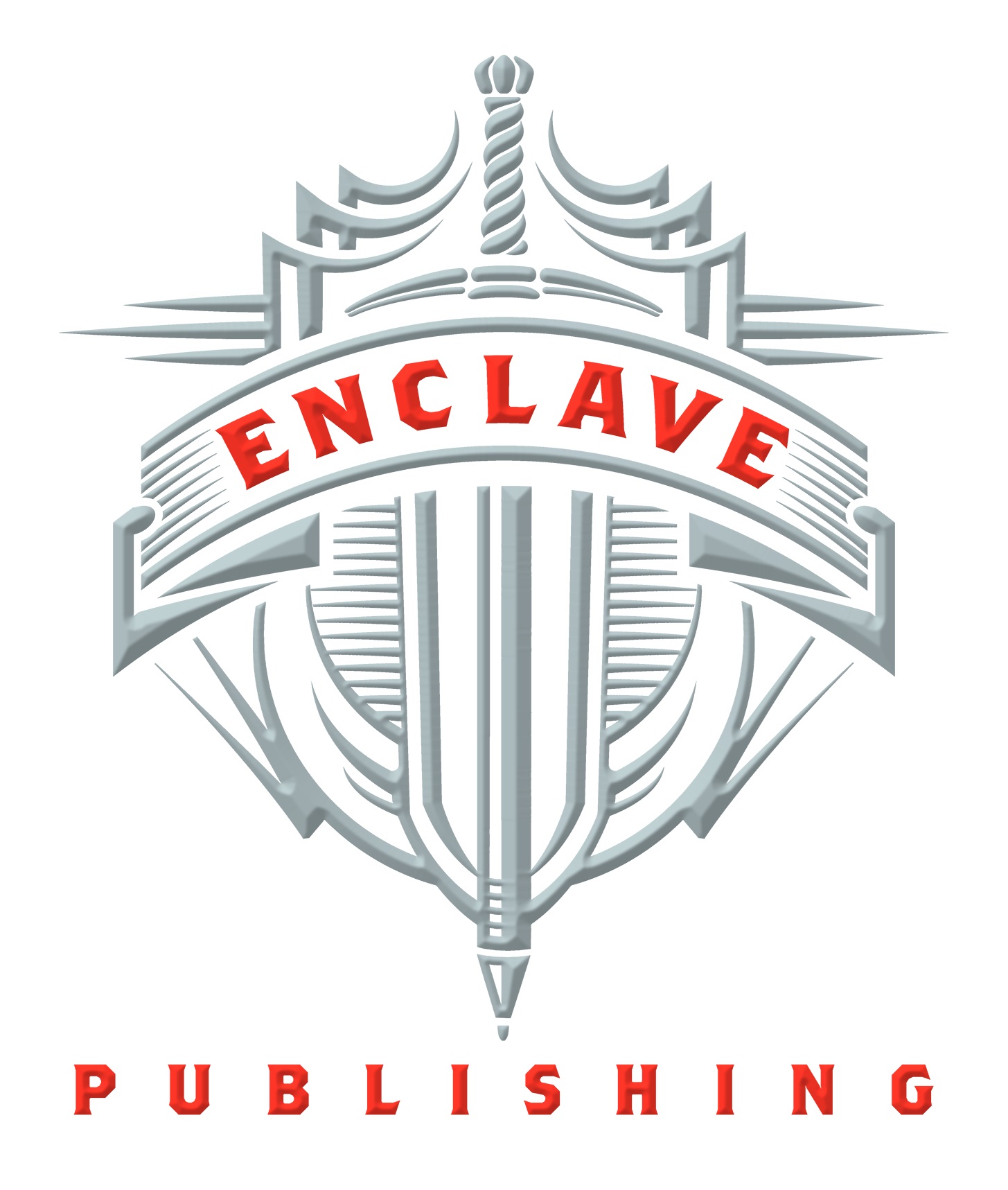It was 50 years ago this week that the TV show “Star Trek” made its debut on NBC (September 8, 1966). It lasted for only three years and 79 episodes, but continues to influence our entertainment culture to this day.
Did you know who the original producers were? If you guessed Gene Roddenberry you would be half right. The other half of the funding for the show came from Desilu Productions owned by Lucille Ball (yes, the famous star of “I Love Lucy”). In 1964 Roddenberry pitched the idea to Herb Solow, Desilu’s director of production.
The two of them then pitched the show to CBS which turned it down because they already had a science fiction show, “Lost in Space.” (“Danger Will Robinson”) So NBC eventually agreed to sign the series.
While the show’s impact has been well documented I thought it would be interesting to see who wrote the episodes. After all, this is a blog about writing.
A quick search discovered a veritable hall-of-fame roster of science fiction writers who made contributions. If you love great science fiction you’ll recognize these names:
Richard Matheson (best known for his story I Am Legend – he also wrote 16 episodes of “The Twilight Zone”)
Theodore Sturgeon (wrote More Than Human – voted one of the greatest sci-fi novels of all time)
Harlan Ellison (won 11 Hugo Awards and 5 Nebula Awards, including “Grand Master”)
David Gerrold (won both Hugo and Nebula Awards – best known episode “Trouble with Tribbles”)
Robert Bloch (also wrote Psycho – the basis for the Hitchcock film)
This suggests to me that the popularity and longevity of the show in syndication can be partially credited to the creativity and content of the stories…written by very talented people.
Great stories can captivate. Great stories with great craft can last forever. And that is today’s takeaway. Keep working on your craft, every day. But also keep thinking of new stories that may be the ones to allow you to “boldly go where no man has gone before.”

Photo by NASA Astronaut, Terry W. Virts – February 27, 2015 from the International Space Station – nasa.gov, archived link., Public Domain, https://commons.wikimedia.org/w/index.php?curid=38656911




